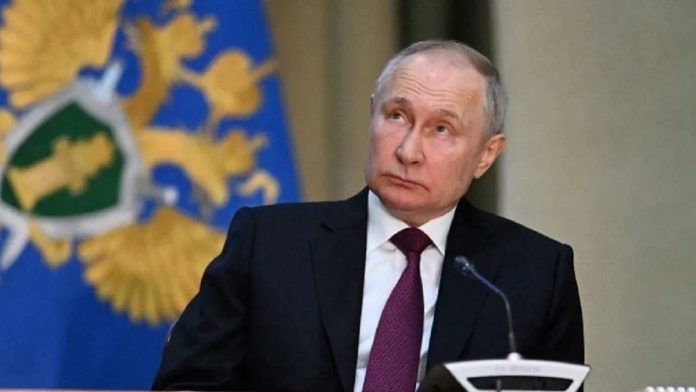The article published in The Wall Street Journal examines Russia's failure in attempts to rebuild world trade against the background of new economic realities. After the introduction of strict sanctions of the United States and their allies, Moscow focused on redirecting oil sales, but the challenges related to the transportation of other goods were much more complex.
In the context of the economic crisis caused by conflict in Ukraine, Russia sought to abandon trade with the West and establish new ties that are not amenable to sanctions, with Asian states - China and India.
For two and a half years, the flow of Russian oil is mostly directed by these directions. The profit from it is nourishing the Kremlin's military car. But as the sanctions are becoming tougher, and the growing infrastructure is inadequate, Russia is trying to strengthen the wartime economy, opening new ways to trade their other goods.
Changing trade relations, especially those related to products and products that are difficult to carry, is not easy.
The Russian trade with the West, which developed rapidly after the end of the Cold War, fell under the oppression of Western sanctions. At the same time, Russia's trade with China, India and other East countries was growing rapidly, which was facilitated by the sale of its oil at low prices.
This year, the United States has introduced new rules that increase the risk of fines for foreign banks working with Russia. These secondary sanctions limited the growth of trade between Russia and countries that became a large part of the Moscow Trade Portfolio in wartime.
In the desire of Russian President Vladimir Putin to reorient the trade relations, oil has won a rapid victory, as it can be transported worldwide with large tankers, not stationary pipelines. Such mobility was crucial for the Russian economy dependent on resources, helping the Kremlin to collect income to finance hostilities and support the economy affected by sanctions.
Until half of Russian exports of oil and oil products in 2023 occurred in China, India also became a big buyer. Russia was able to bypass the measure of price limits by carrying oil with the help of a shadow fleet of outdated tankers, which are not affected by restrictions.


